And how do we explain it?
Goal of comparative politics
- Thinking about the consequences of whatever we study.
- This is not a preparation exercise for a pub quiz (how many parties have seats in the Dutch parliament?) Instead, we want to understand how certain features of political systems affect outcomes that we care about.
- E.g.: Due to the very high number of parties in parliament, it takes extremely long to form governments in the Netherlands (disadvantage). At the same time, voters may feel better represented by the individual parties they have voted for, unlike in two-party-systems (advantage).
Why did Switzerland have relatively more lax rules than other countries
When looking to explain different choices in policy, it is often useful to compare the political systems across countries. In the case of Switzerland: why did it have less restrictive Covid regulations than other countries?
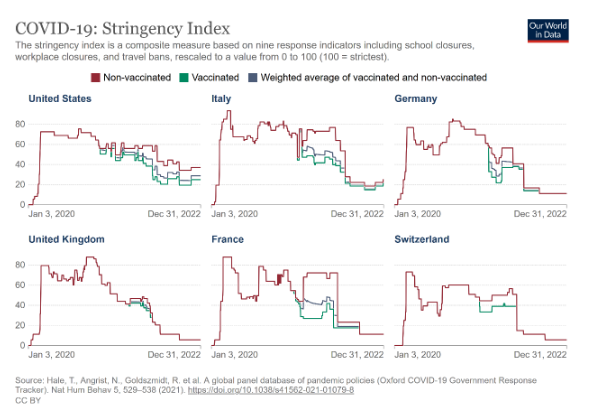
Possible answers
- Federalism
- High value for freedom
- Weak executive
- Cantonal control over health issues
How to find out trough comparative politics
F.e: we could collect data on many countries and see where the policies are systematically more strict→federal, centralised, regional states?
A comparative perspective
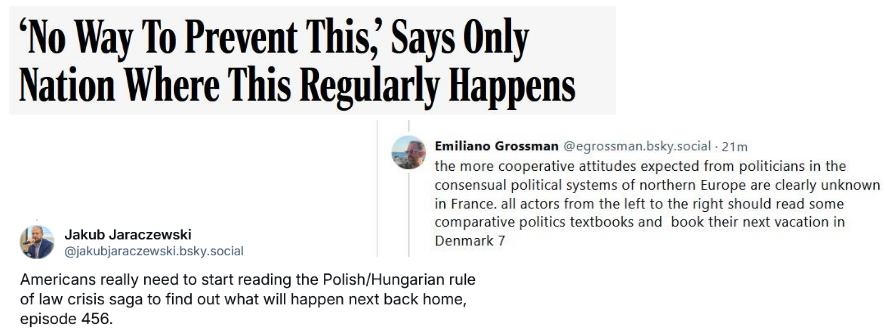 Basically what happens in a nation is determined (even though not entirely) by a path of decisions, so comparing ourselves with countries that have faced similar situations can help us see which decisions are better or worse as well as their possible consequences.
Basically what happens in a nation is determined (even though not entirely) by a path of decisions, so comparing ourselves with countries that have faced similar situations can help us see which decisions are better or worse as well as their possible consequences.
Explaining patterns
Example: Why did Switzerland have less restrictive Covid regulations than other countries?
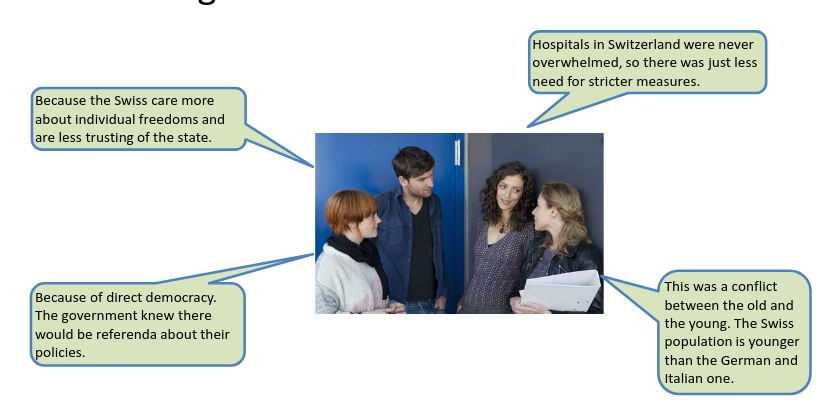 As for the age based argument→less old people=less people at risk: less support/need for harsher measures.
As for the age based argument→less old people=less people at risk: less support/need for harsher measures.
Classifying answers
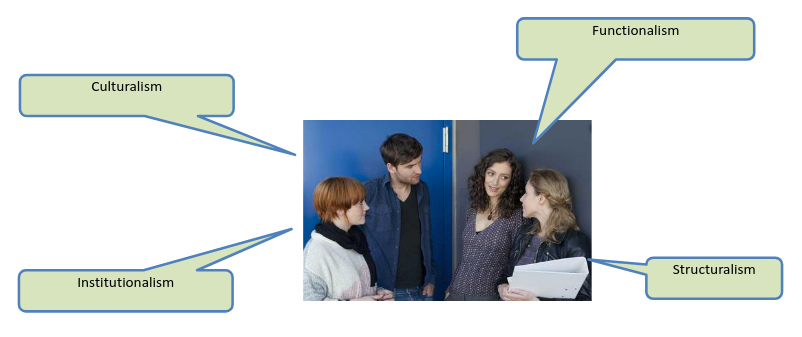
- Functionalism: what is the challenge that the policy aims to solve? It affects the policy.
- Institutionalism: the rules of the political system also shape the policy.
- Structuralism: the strength or unequal presence of diverse social groups with different preferences affects the policy.
- Culturalism: the preferences specific to the inhabitants of a country affect its policies.
Functionalism
- Explaining an outcome with the purpose it fulfils:
- Strict rules are necessary when caseload is high or the health care system is not resilient.
- Evidence: Measures are strict in winter and lax in summer.
- Other examples:
- The welfare state developed in response to the new challenges created by the industrial revolution → in an agricultural society, no need for unemployment insurance.
- Federalism developed in countries with relevant ethnic minorities.
- Theory of change:
- Political outcomes change when the underlying problems change.
- The poster child of functionalist explanations is evolutionary biology:
- Why has the Giraffe such a long neck? Why has the Eagle such good eyes?
- Problem: What is the equivalent of mutation and selection in politics?
- Sometimes, evolution is plausible. E.g.: states in federalist countries as laboratories of democracy → trying new policies locally (mutation), then being copied by others (selection).
- Often, however, inefficient policies or institutions can survive for very long periods of time (e.g. due to the power of incumbents, the need for collective action, etc.).
- Social scientists often feel uneasy about functionalist explanations, because they are ultimately a-political.
- Who brings the change about? What is their motivation?
- Nevertheless, functionalist considerations impose important limits on politics: Stein's law: If something cannot go on forever, it will stop..
Culturalism
- Explaining an outcome with the norms and values of the citizens:
- The higher the population values individual freedom, the less strict the rules will be.
- Other examples:
- The more individualist a country, the smaller the welfare state (contrast Sweden and US).
- Protestantism led to the emergence of capitalism by generating Calvinist values among its followers (according to Max Weber, The Protestant Ethic and the Spirit of Capitalism).
- Theory of change:
- Ideational change→if new values become dominant in society, political outcomes will change.
- Ronald Inglehart (1977): The Silent Revolution: Changing Values and Political Styles among Western Publics. Princeton.
- Basic argument→The postwar generation grew up in conditions of material security. This led them to develop different values than their parents:
- Stronger focus on self-expression values rather than survival values.
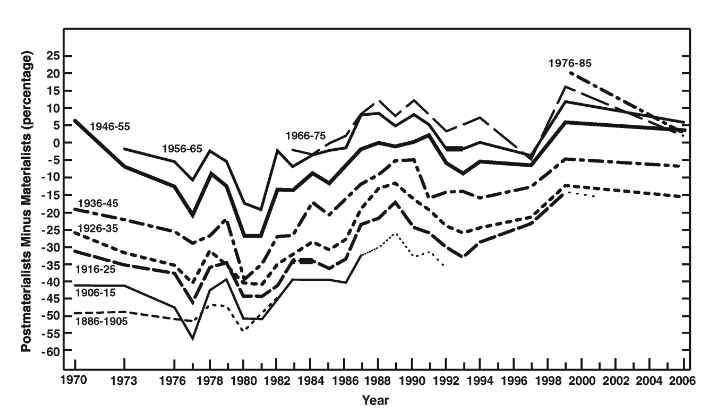
Institutionalism
- Explaining an outcome with the rules governing the political process:
- The more power these rules give to the opponents of strict rules, the less strict the rules will be.
- Other examples:
- Duverger‘s law: A majoritarian electoral system leads to two-party-systems (US, UK).
- Because of unanimity rules, the EU is such a weak actor in international politics.
- Theory of change.
- Punctuated equilibrium: Institutions induce a lot of stability (Great Britain has had a dualism of Conservatives and Labour since the 1930s), interrupted by periods of rapid change (before WWI, it had a dualism of Conservatives and Liberals).
- The traditional approach to comparative politics:
- Cataloguing political institutions (old institutionalism).
- Using them to explain political outcomes (new institutionalism).
- Why do outcomes between countries differ? Because these countries govern their politics with different rules!
- Also very prominent in economics: Governing the commons.
- The concept of institution:
- Douglas North: The rules of the game.
- Narrow concept of institution: formal rules, mainly those written down in constitutions.
- Electoral system, length of election periods, the rules for electing a prime minister…
- But also: Traffic regulations, a currency…
- Wide concept of institutions: includes informal rules such as social norms.
- Many rules of politics are informal: the swiss magic formula.
- But also: the handshake, tipping.
- Decisive: To be an institution in this sense, the informal rule needs to be sanctioned.
- Attention: an institution in this sense is not an organization.
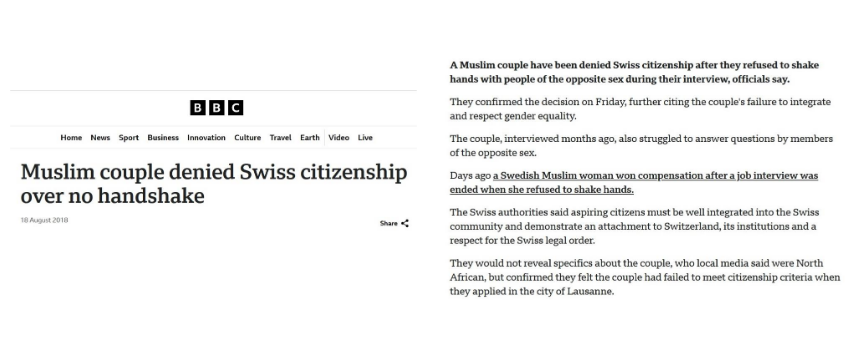
Structuralism
- Explaining an outcome with the political strength of different social groups:
- The bigger the group that supports strict rules, the stricter the rules will be.
- Other examples:
- The stronger the working class, the bigger the welfare state (contrast Sweden and US).
- The stronger the middle class, the more likely democracy is to endure (Barrington Moore, 1966: No bourgeois, no democracy.
- Theory of change:
- Social and economic transformations: if the strength of certain groups changes, political outcomes will change.
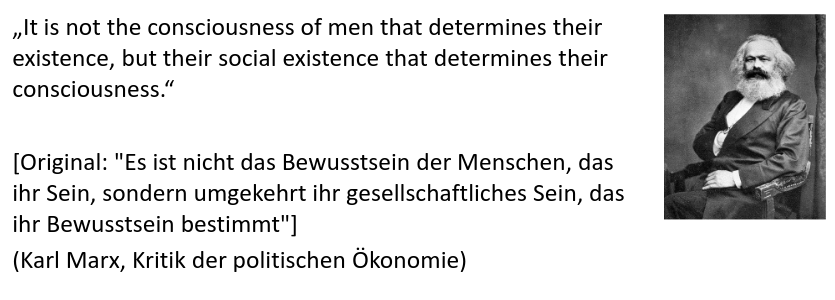
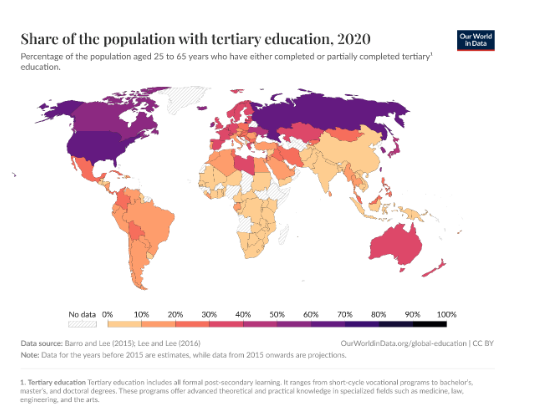
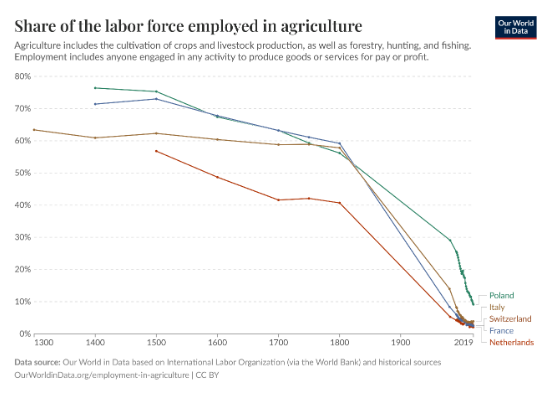
- Social and economic transformations: if the strength of certain groups changes, political outcomes will change.
Example question for homework
- Why do some countries spend more on their military than others?
Answer
When it comes to the army, different countries not only show a diversity in organisation or size but notably in funding. Even among developed countries the difference can be important. But what factors can explain this phenomenon?
Firstly, from a functional perspective, it is easy to think of the level of internal and external threat as an important influence on military spending. Countries such as Ukraine, which have felt the pressure from an external threat (in this case Russian provocation which escalated into a full-scale war) will be pushed to spend more on defending themselves. This is also true for countries that have notable internal threats such as rebels groups (f.e: Congo) or that suffer from constant natural disasters (f.e: Philippines).
On the other hand, this is not the only point of view capable of explaining differences in spending. An institutional point of view could also be used to underline the differences between democracies and authoritarian or totalitarian states. In the case of a democratic country (f.e: Sweden), the state does not need to repress its citizens as much. This is, however, not the main factor. As Kant noted, democracies engage less in wars. They are more pacific, specially between them. When voters have a say in national budget allocation, they often prioritise other areas which reduces military funding.
This also depends on the cultural characteristics of the specific nation, as the citizens of certain countries (even assuming a democracy) could push for more military spending. This happens when the community feels threatened by another state or compelled to make war with a nation they perceive as their “enemy”. This would be the case of post-WW1 italian irredentism or contemporaneous russian expansionism, where citizens feel the need of taking back certain territories because of linguistic or historical reasons. It should also be noted that some cultures can be more pacific, and less individualist, than others. As such, they will be less favorable to harming a foreign state or threat which will in turn reduce the need for a bigger military budget.
Last, but not less important, is the structural aspect. The presence of large military lobbies in governments (f.e: weapons manufacturers such as Lockheed Martin in the USA) as well a large part of the population that has gone through military service, will give a bigger voice to the cause of increasing military budget and vice-versa.
How to make it better
- Institutionalist argument: Make it sharper, focus more on the rules than on the regime type. Not totalitarisms need to repress citizens but powerful executives pass budgets easily (and also need that military force). It would have been great to also mention alliances such as NATO, which can put constraints on military budget (f.e: USA imposing a minimum of 5% of GDP to be spent in the military for all NATO countries).
- Functionalism: Natural disasters are okay as an argument but they are not as relevant, could have been skipped.
- Culturalism: Very good but threat perception should not have been mentioned (it is more of a functionalist argument). Values and norms should be underlined more (f.e: the USA support our troops movement and long military tradition). It is also interesting to get to the roots of this, christian and protestant ethics (Jean Calvin).
- Structuralism: Military complex (strong=employ lots of people) is okay but class coalitions have to be mentioned. More workers→ welfare state→ less money for the military. If the workers have less power or landed elites are more numerous then there is more money available. Attention: NATO is an organisation, the spending requirement is the institution!